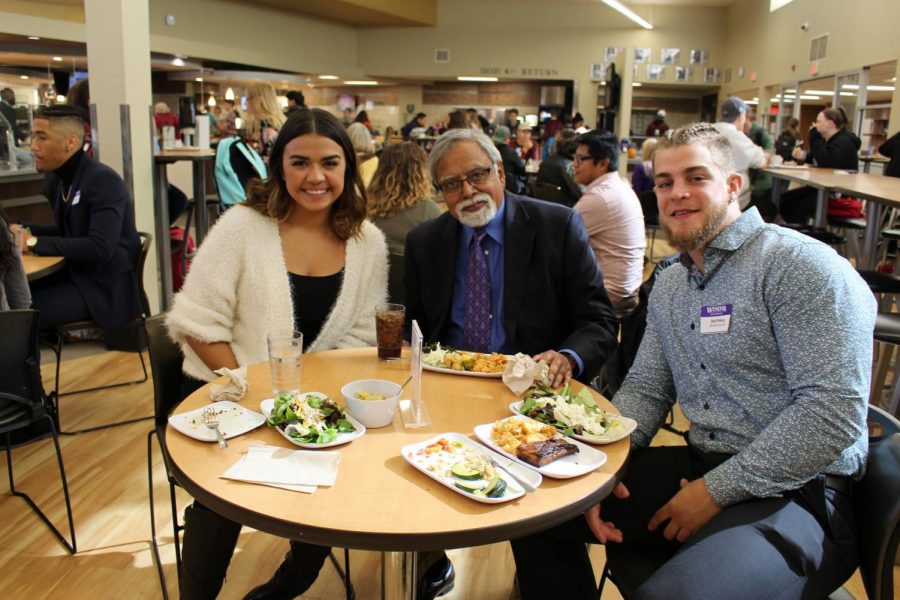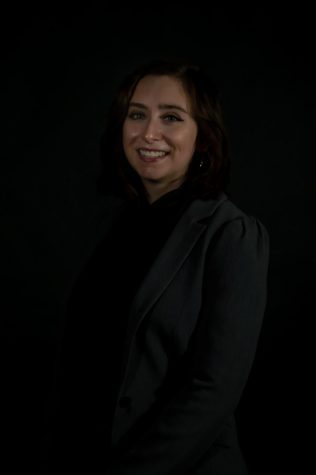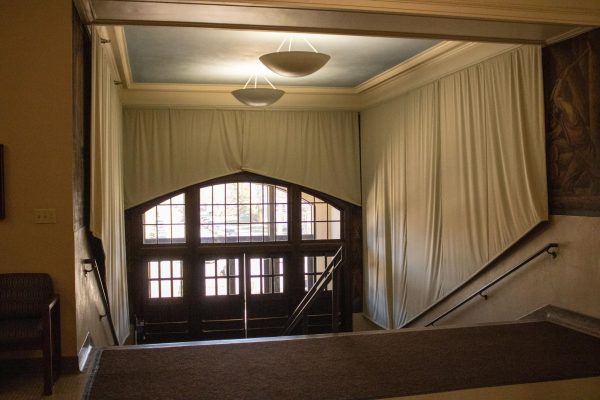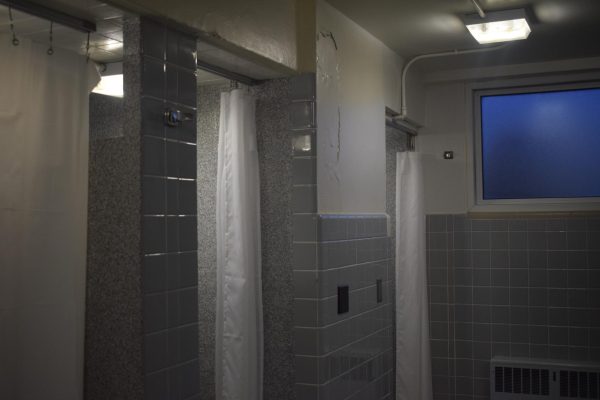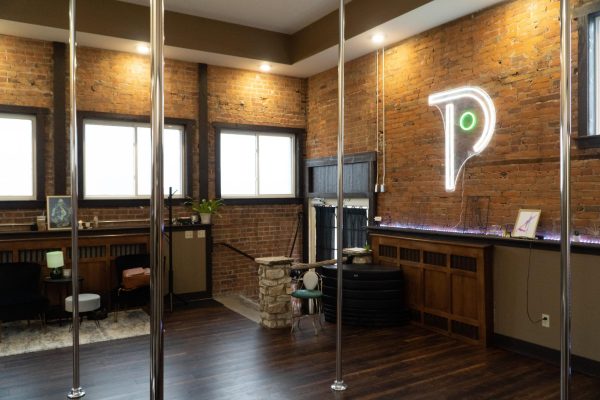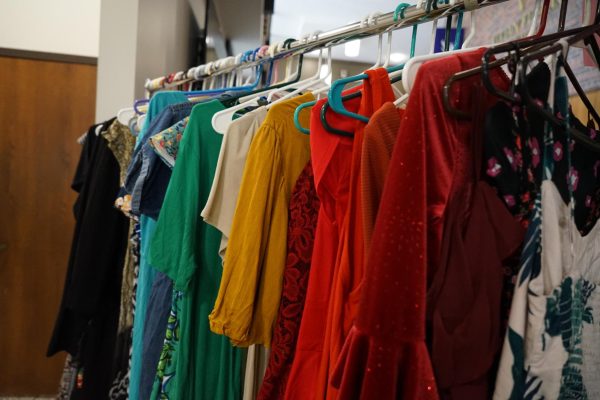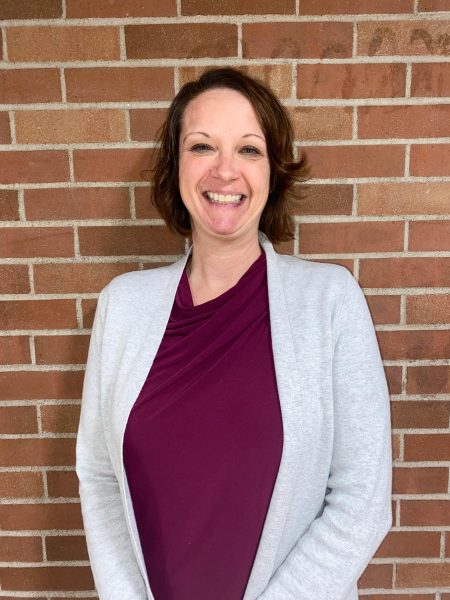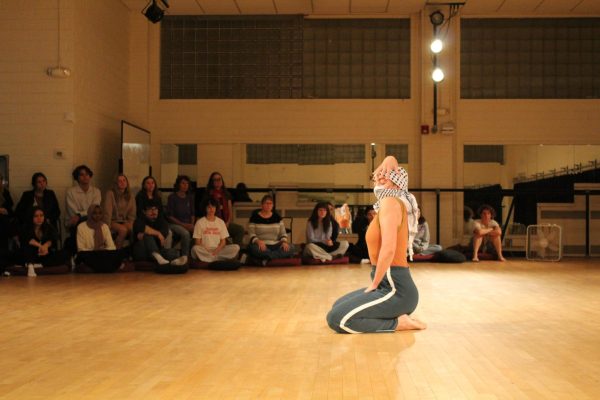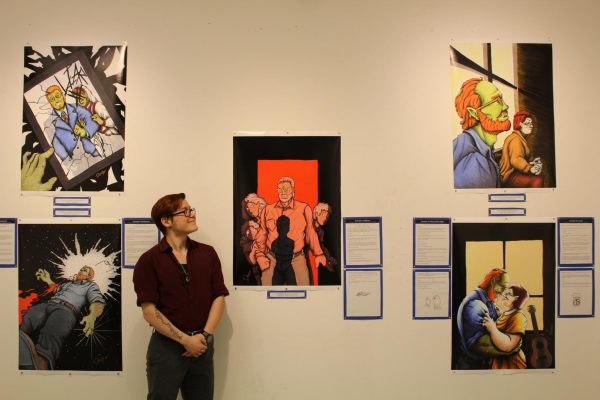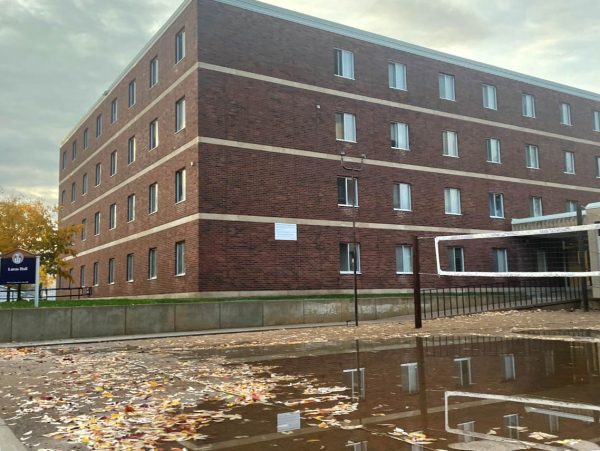Minnesota State Board visits Winona
The Minnesota State Chancellor Devinder Malhotra eats with seniors Christina Melecio and Reid Peters on October 16 in the Jack Kane Dinning Hall. The annual Board of Trustees for Minnesota State meeting was hosted at Winona State this year where one of the topics discussed was the Re-imagination Minnesota project.
October 24, 2018
The Board of Trustees for Minnesota State held this year’s meeting at Winona State University on Oct. 16 and 17. The Board addressed a range of issues, from ways to innovate schools to figuring out how to help struggling business participation for minorities and women.
The Board of Trustees also discussed their Re-imagination Minnesota project.
What this project hopes to accomplish is “a commitment to create lasting equity and excellence in education for all students” and “ensure the constitutionally guaranteed right to an adequate education of all students by creating a comprehensive collective action plan to address integration, access, opportunity and educational achievement.”
The Board is requesting about $246 million of increased budget from the Minnesota State Legislature. This budget is expected to address financial aid, program innovation and career technical demand.
Part of this budget is expected to go toward updating the Minnesota higher education by implementing an Enterprise Resource Planning System (ERP). ERP is meant to manage data and provide solutions to management problems.
Further outlined in the report are the three main drivers for the system.
“[The three main drivers include] accurate and timely information for strategic decision making, business process improvement and a strong client focus,” the report said.
The Board is pursuing policies that intend to innovate Minnesota State Schools so that Minnesota will be a competitive state in the future.
Board Chancellor Devinder Malhotra commented on innovating Minnesota’s higher education.
“We can learn how to empower our colleges and universities, so that they can become more flexible, more creative, more innovative [and be] more adaptive to changing circumstances,” Malhotra said.
One issue the Board addressed is the skills gap between employers in Minnesota and the lack of workers available.
The Board wants to put emphasis back on technical degrees from state colleges. There is a shortage of workers that can pursue technical related jobs in Minnesota that they plan on addressing.
Board Chair Michael Vekich talked about how the Board will address the issue.
“So, the fact is we already have innovation going on our campuses. The question is how do we leverage that innovation, how do we provide a pathway. We just had orientation meeting and we plan on meeting to discuss this in December,” Vekich said.
The Board is also seeking ways to help develop the skills for women and minorities in business participation. A recently conducted study done by the board about the participation of these groups in businesses found that there was an imbalance of minorities and women in business degrees.
Malhotra was asked about the process regarding this study and its implications of how the Board will address it.
“That was in collaboration with the state government. We had volunteered to participate in it. And those we hired were outside vendors,” Malhotra said. “We want to make sure we are inclusive in our practices at the business and women owned business. We don’t want to act toward them where we would act inadvertently in a discriminatory manner.”
The Board is expected to address action regarding this study in January.
The meeting was an opportunity for board members to visit the Winona campus. Vekich also appreciated coming to Winona and recognized the importance of being here.
“I think today was important, being on campus, interacting with students; what we do at the end of the day is policy that is all designed to ensure students be successful,” Vekich said. “So, taking it away we were here we appreciated the partnerships between the community and the legislative folks, the business community leaders and the partnerships among the faculty and staff. That all works in collaboration in order to deliver a really high-class education which we all know you get here at Winona State University.”























































